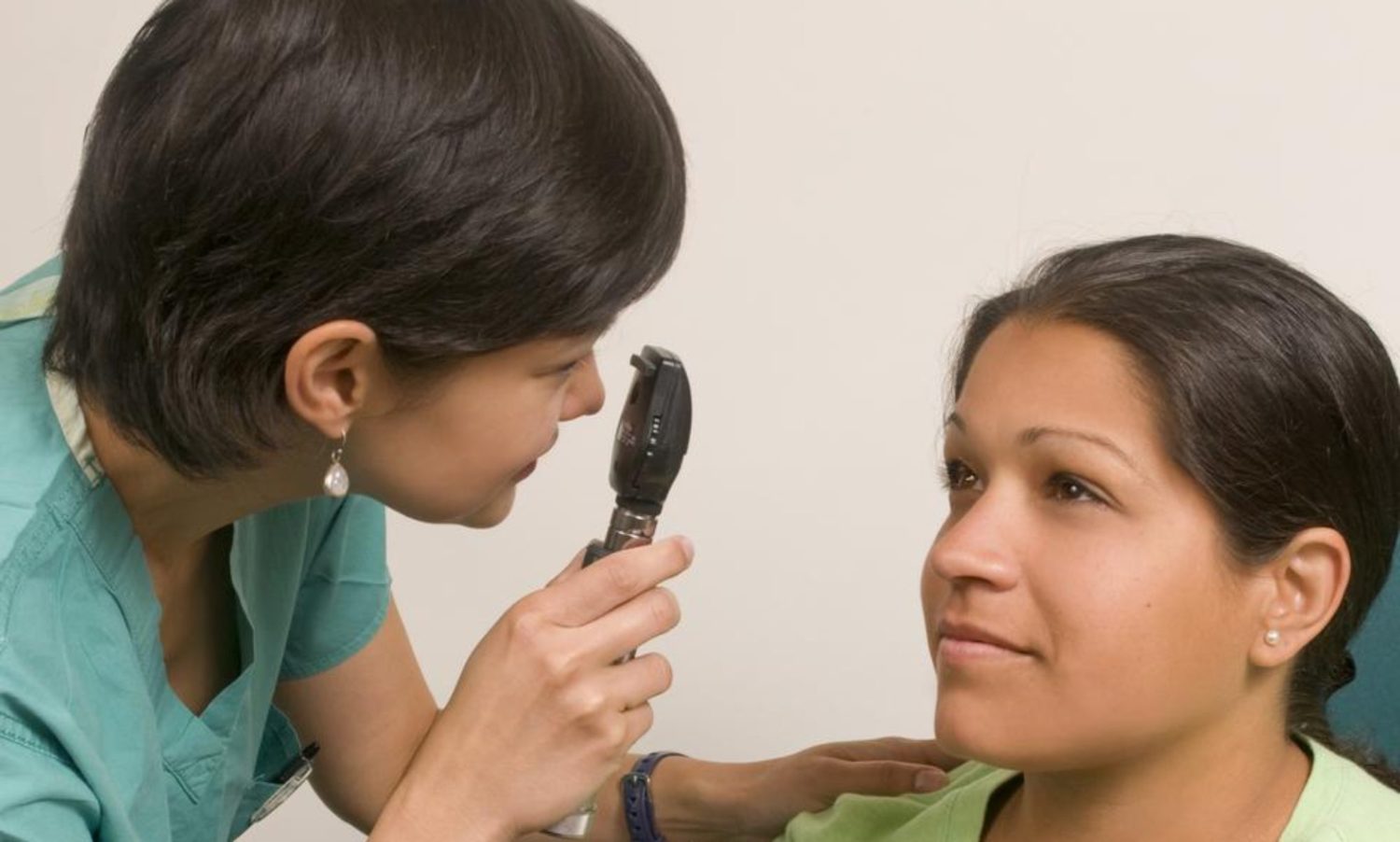You’ve probably heard before that the path to becoming a doctor is a long one. Doctors go through some of the most rigorous schooling out of any profession.
How many years does medical school take?
Medical school itself typically takes students four years to complete.
A small percentage of students, however, might take longer if they take a year off to do research, fail to pass standardized tests such as the USMLE or classes at their university, or leave school for a while to attend to personal family matters.
Certain Caribbean medical schools also have optional MD programs that are longer than four years (like SGU) in addition to four year programs.
Medical school itself is not entirely the reason why becoming a doctor takes so long, however. Medical students must also go through more practical training called ‘residency’ following medical school.
How long is medical residency?
Residency can take from three to seven years depending on your specialty.
Therefore, if you are trying to become a doctor, it can take you anywhere from (4+3)=7 to (4+7)=11 years until you start practicing medicine as an official doctor.
Also note that if you want to pursue a subspecialty, you will probably have to complete a fellowship after residency (which might add one to a few years onto the total in the paragraph above).
Below, I’ve listed some common specialties and the number of years of residency they require courtesy of the University of Washington School of Medicine.
Anesthesiology Residency: 4 years
Dermatology Residency: 4 years
Emergency Medicine Residency: 3 or 4 years
Family Medicine Residency: 3 years
Internal Medicine Residency: 3 years
Neurological Surgery Residency: 7 years
Neurology Residency: 4 years
Obstetrics and Gynecology Residency: 4 years
Ophthalmology Residency: 4 years
Orthopaedic Surgery Residency: 5 years
Otolaryngology Residency: 5 years
Pediatrics Residency: 3 years
Physical Medicine and Rehab Residency: 4 years
Plastic Surgery Residency: 6 years
Psychiatry Residency: 4 years
Radiology-Diagnostic Residency: 5 years
Surgery: 5 years
Urology Residency: 5 years
Therefore, if you want to become a ‘typical’ doctor (i.e. internal medicine, pediatrics, or family medicine) you will only have to complete three years of residency. If you want to become a surgeon, you’ll probably have to do at least four years (up to seven if you become a neurological surgeon).
Do you get paid during residency?
Yes, residents get paid, although the pay is minimal. Residents make on average $40,000 – $50,000.
Conclusion
Rather than asking “how long is medical school?”, you should be asking “how long does it take to become a doctor?”. The answer to this question is less misleading, as doctors must go through medical school, residency, and maybe even fellowship until they are full-fledged physicians.
